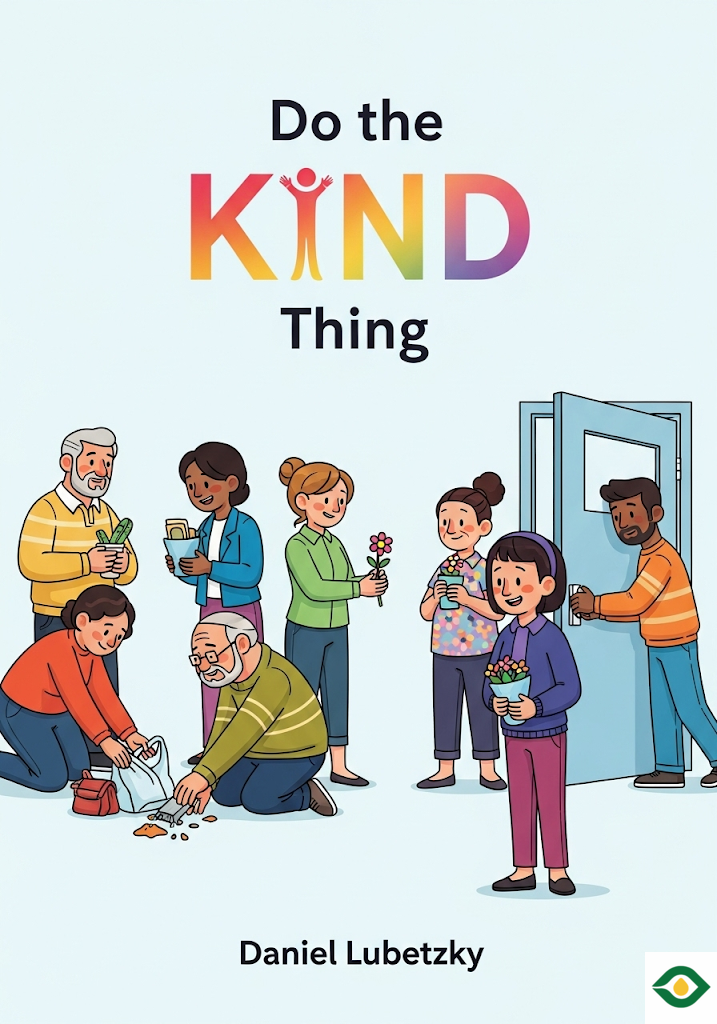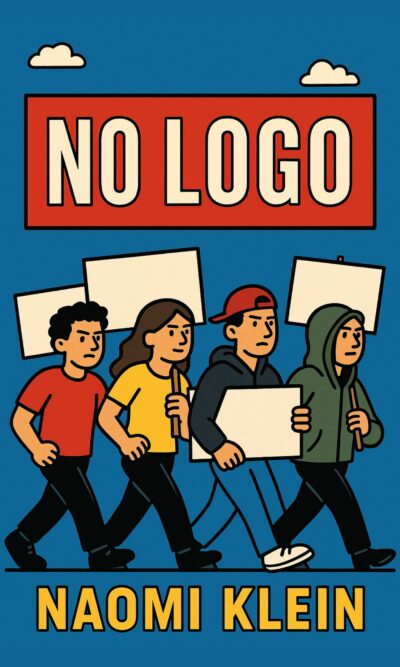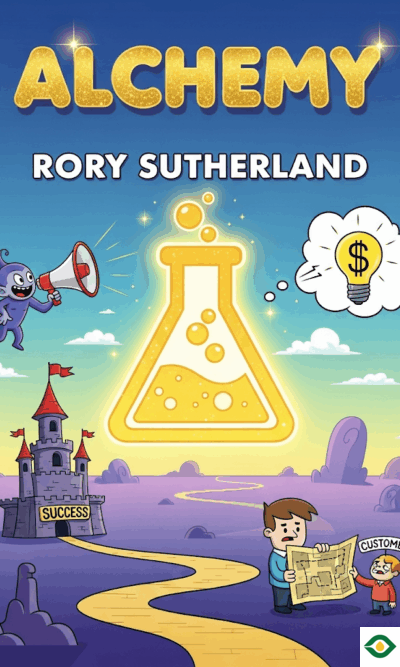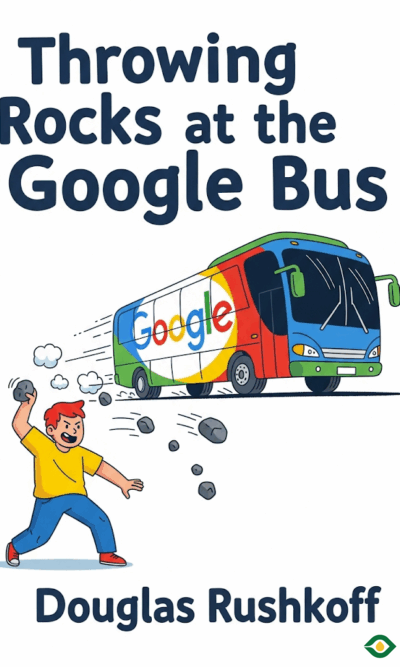Description
Most people assume that the main purpose of business is to make money. But Daniel Lubetzky, founder of KIND Healthy Snacks, believed something very different. He wanted to prove that companies can earn profits while also spreading kindness, creating trust, and leaving the world a little better than they found it. His philosophy was simple: always do the kind thing. This way of thinking shaped not only his company, but also his approach to life.
The idea of kindness in business may sound soft or unrealistic, but Lubetzky showed it could be a source of strength. He grew up with a deep sense of empathy, shaped by his family’s history and the lessons of conflict and hardship. For him, kindness wasn’t just about being nice. It meant building bridges, staying true to values, and refusing to believe that a person or company had to choose between doing good and being successful. Instead of thinking in terms of “either/or,” he urged people to embrace “and.” A company could be profitable and socially impactful, competitive and compassionate.
One of his earliest experiments in this belief was a project that brought people from divided backgrounds together. In the 1990s, he created a cooperative business venture that joined innovators from Palestine, Israel, Egypt, and Turkey. Together, they developed and sold Mediterranean food products. The idea was to show that people who might normally be enemies could instead work side by side and create something meaningful. This was kindness applied not just to products, but to human relationships.
When Lubetzky later started KIND Healthy Snacks, he faced a tough challenge. At the time, the snack market was full of cheap, artificial products. Most companies cut costs by using pastes, fillers, and artificial flavors. Lubetzky refused to compromise. His bars were made from real, whole nuts, fruits, and natural ingredients. That made them more expensive to produce, but it also made them honest. He even chose transparent wrappers, so customers could literally see what they were buying. This small detail built enormous trust, because the company was showing nothing to hide.
Of course, sticking to principles wasn’t always easy. At first, many stores weren’t interested in carrying healthy snack bars, and customers didn’t yet understand why they should pay a bit more. Lubetzky went door-to-door, meeting shop owners and buyers, explaining his mission and offering samples. He learned an important truth: if you want people to believe in your product, you must be willing to stand by it, again and again, no matter how long it takes.
Another lesson came when Lubetzky strayed from his brand’s core identity. At one point, he introduced a sweet-and-spicy Teriyaki spread. It had nothing to do with KIND’s Mediterranean roots, and customers quickly lost trust. Sales dropped. He realized that every new product must reflect the heart of the brand. Customers should always know what to expect, and trust must never be broken. Since then, he focused only on products that fit with KIND’s simple promise: wholesome, transparent, and grounded in nature.
This focus helped KIND stand out when health trends shifted. Instead of chasing fads like low-carb diets or sugar substitutes, the company stayed consistent. When competitors tried to undercut KIND by lowering sugar artificially, Lubetzky responded with a natural solution. He launched a line made with nuts and spices that naturally contained less sugar, without adding fake ingredients. It worked because it was honest and stayed true to the brand. Customers rewarded this authenticity with loyalty.
Lubetzky also believed that kindness was about empathy and celebrating good deeds. One of KIND’s most creative campaigns gave out cards to people spotted doing something thoughtful, like offering a subway seat to someone elderly or pregnant. The card could be redeemed for free snacks. The point wasn’t just marketing; it was reinforcing the idea that small acts of kindness ripple outward. This connected the brand directly to human values and experiences, not just products.
Another key insight from Lubetzky was about trust and transparency. He knew that advertising often makes big promises that products cannot deliver. KIND avoided exaggeration. Product names described exactly what was inside, like “Dark Chocolate Cherry Cashew.” The packaging was clear, the photos were real, and the message was simple: what you see is what you get. Customers learned that they could rely on the brand because it never pretended to be something it wasn’t.
As the company grew, Lubetzky also learned the importance of empowering his team. At first, he thought he had to do most of the talking, especially when presenting new products to big retailers. But he soon noticed that his employees spoke with the same passion and often explained products even better than he could. By stepping back and letting his team shine, he gave them ownership, which made the business stronger. He also shared stock options and encouraged every employee to act like a co-owner. This culture built commitment and energy across the company.
Resourcefulness was another lesson. In the early days, Lubetzky chased down every small payment from distributors, spending hours trying to collect small debts. Eventually, he realized that his time was more valuable when used to build new partnerships. He stopped focusing on penny-pinching and started thinking about how to multiply opportunities. This shift in mindset helped KIND recover when they lost Starbucks as a major account. Instead of panicking, the team redirected their energy toward other coffee chains and grocery stores, and soon replaced the lost sales with even bigger wins.
At its core, Lubetzky’s philosophy teaches that kindness isn’t weakness. It is a powerful strategy for creating long-lasting success. By respecting customers, being authentic, empowering employees, and connecting products to real values, businesses can win trust and loyalty. More importantly, they can make a positive impact in the world, while still being profitable.
The story of KIND is a reminder that companies don’t have to choose between profit and purpose. They can achieve both if they lead with honesty, empathy, and courage. Doing the kind thing means building relationships, staying true to your mission, and creating products that genuinely help people. When businesses work this way, they become more than just sellers of goods. They become forces for good in society.
In the end, “Do the Kind Thing” is not only a business strategy but also a way to live. It invites people to ask a simple question every day: How can I succeed while also leaving things better than I found them? For Daniel Lubetzky, the answer was to build a company that reflected his values, trusted its people, and always respected its customers. For anyone willing to follow the same path, success is not just possible—it is meaningful, sustainable, and kind.





